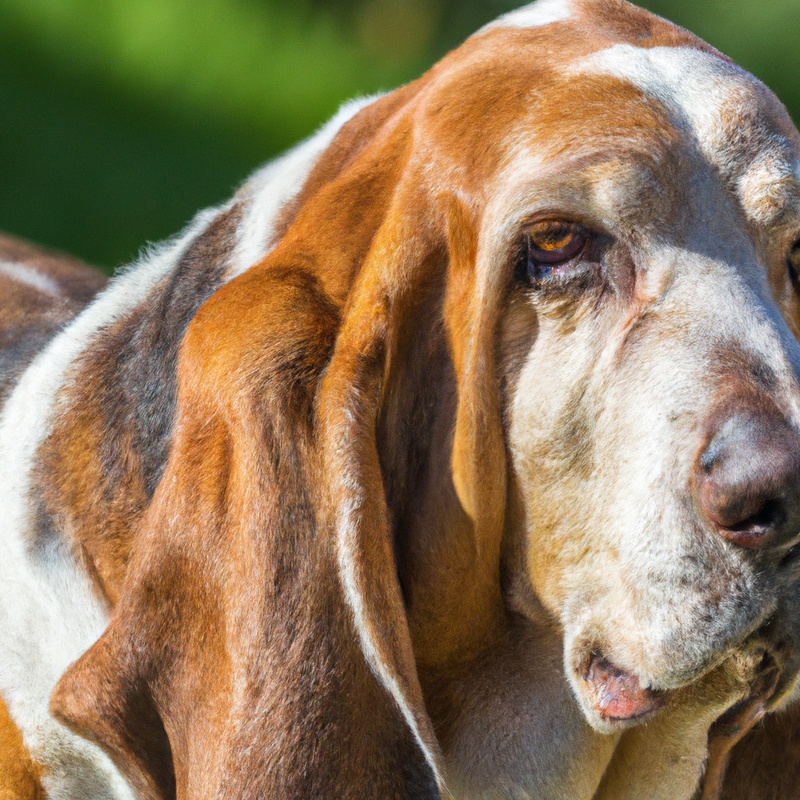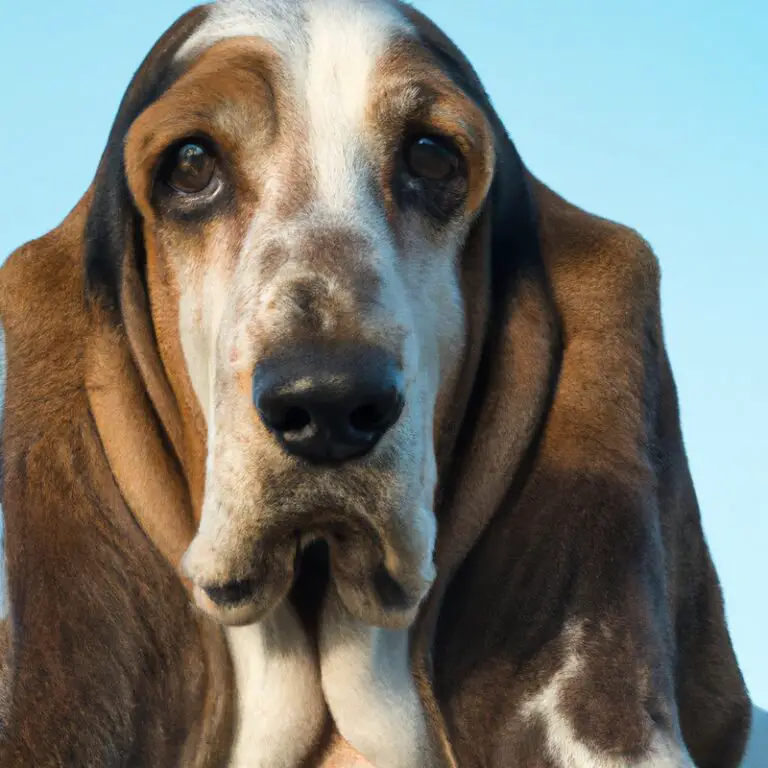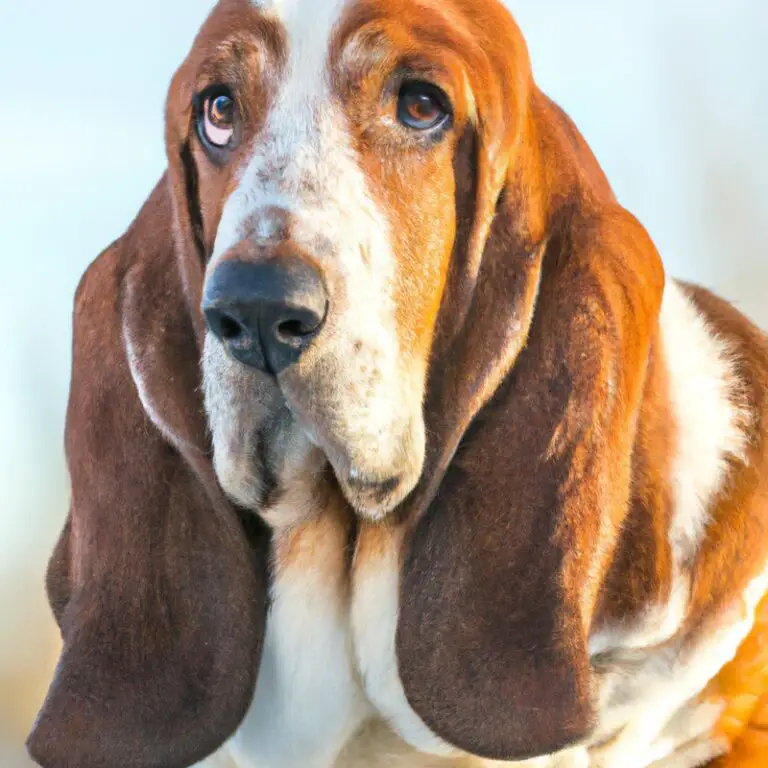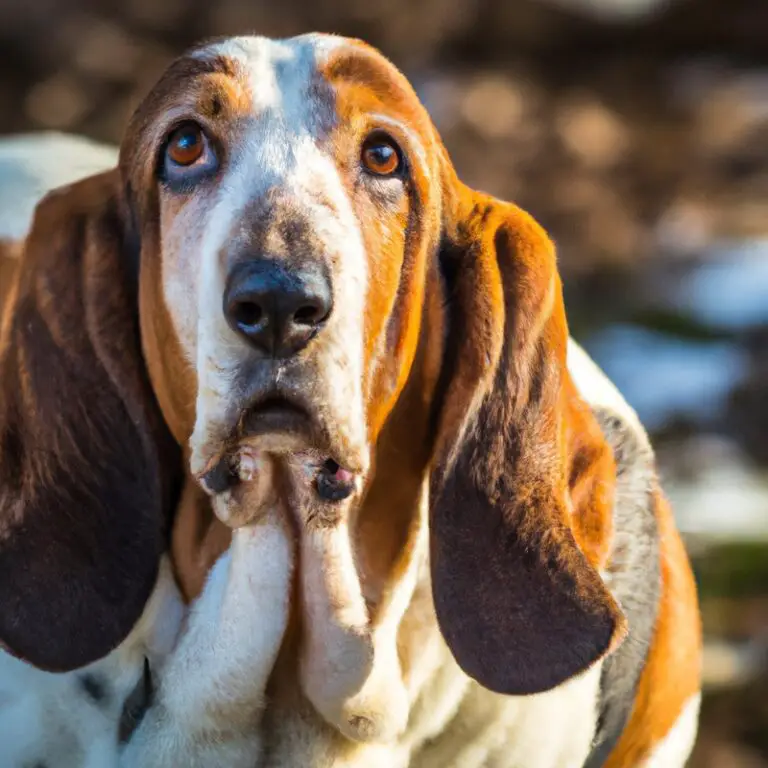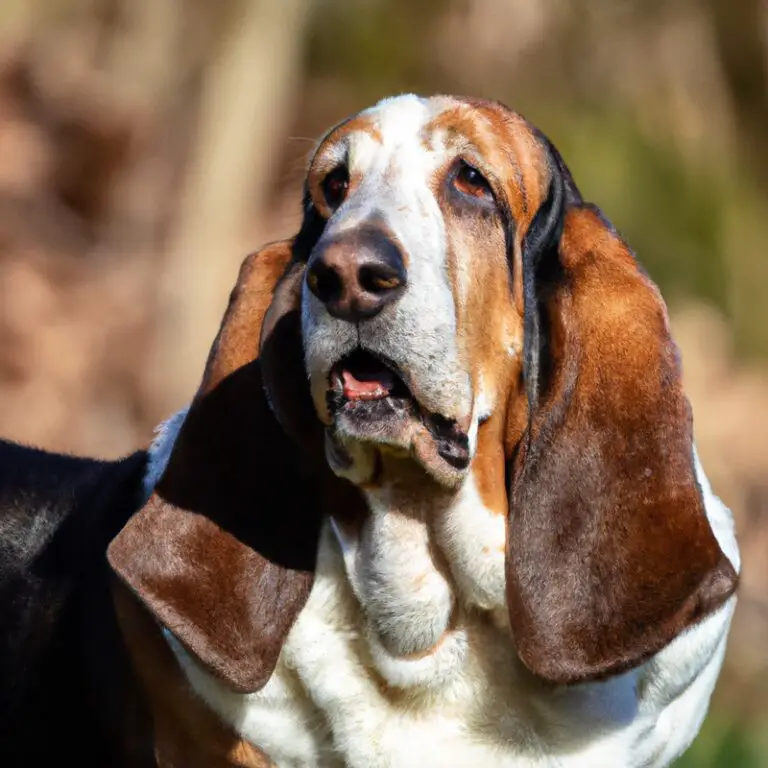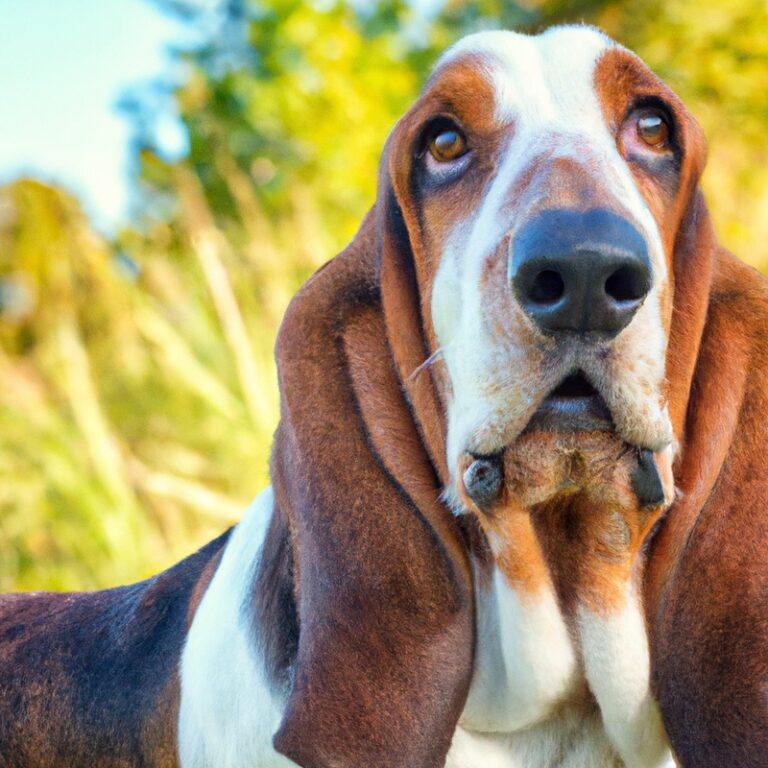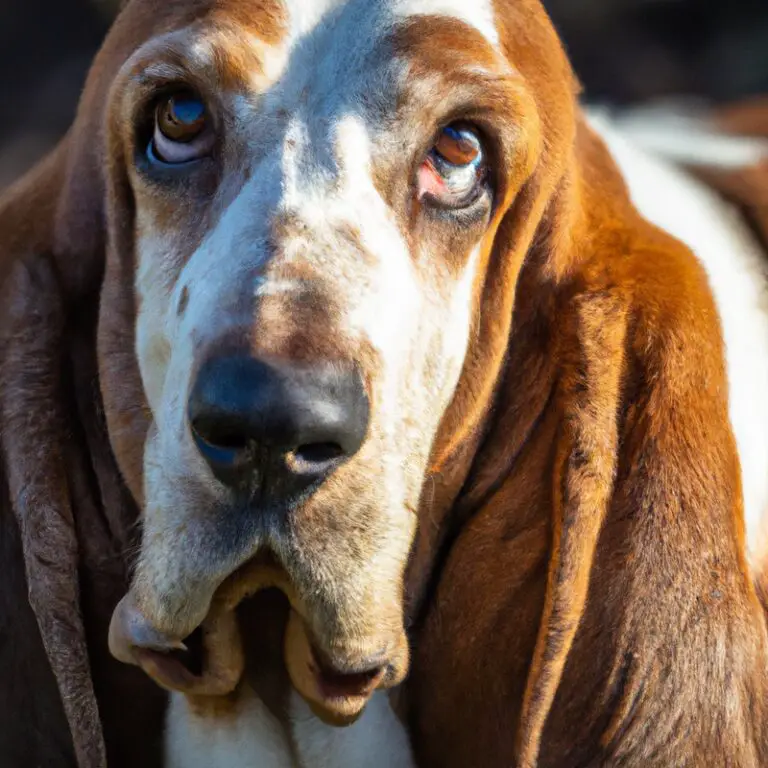Do Basset Hounds Have a Strong Instinct To Protect Their Family From Supernatural Creatures?
Key Takeaways:
- Basset Hounds do not have a strong instinct to protect their family from supernatural creatures.
- Their breed is not known for being protective or guard dogs.
- Basset Hounds are generally friendly and docile, making them unlikely to perceive supernatural creatures as a threat.
- If a Basset Hound shows protective behavior, it is more likely due to their loyalty to their owners rather than any supernatural instincts.
Picture this: You’re curled up on the couch with your beloved Basset Hound by your side. As the night grows darker and the wind whispers eerie tales, your mind starts to wander.
Do Basset Hounds have a natural instinct to protect their families from supernatural creatures?
It’s a fascinating question that taps into our love for our furry companions and our fascination with the unexplained. In this article, we’ll delve into the world of Basset Hounds, exploring their physical characteristics, unique personalities, and their potential reactions to supernatural phenomena.
Get ready to uncover the mysterious side of man’s best friend!
| Breed | Protective Instinct |
| Basset Hound | No |
Basset Hounds: An Overview
Physical Characteristics of Basset Hounds
Basset Hounds are known for their unique physical characteristics.
They have a long body with short legs, making them low to the ground.
Their droopy ears and sad-looking eyes are adorable features that many people love.
Bassets have a large, wrinkled forehead and loose skin, which gives them their characteristic wrinkles and saggy appearance.
They have a strong sense of smell with a long, droopy nose that aids them in tracking scents.
Overall, Basset Hounds have a distinctive and charming appearance that sets them apart from other dog breeds.
Temperament and Personality Traits of Basset Hounds
Basset Hounds are known for their gentle and laid-back temperament.
They are generally friendly, affectionate, and great with families and other pets.
Bassets have a strong sense of smell and are often seen following their noses.
They can be stubborn at times but are also quite patient.
Basset Hounds are not typically aggressive and tend to get along well with children.
However, they can be a bit independent and may need some patience when it comes to training.
Overall, Basset Hounds make wonderful companions with their easygoing and loving nature.
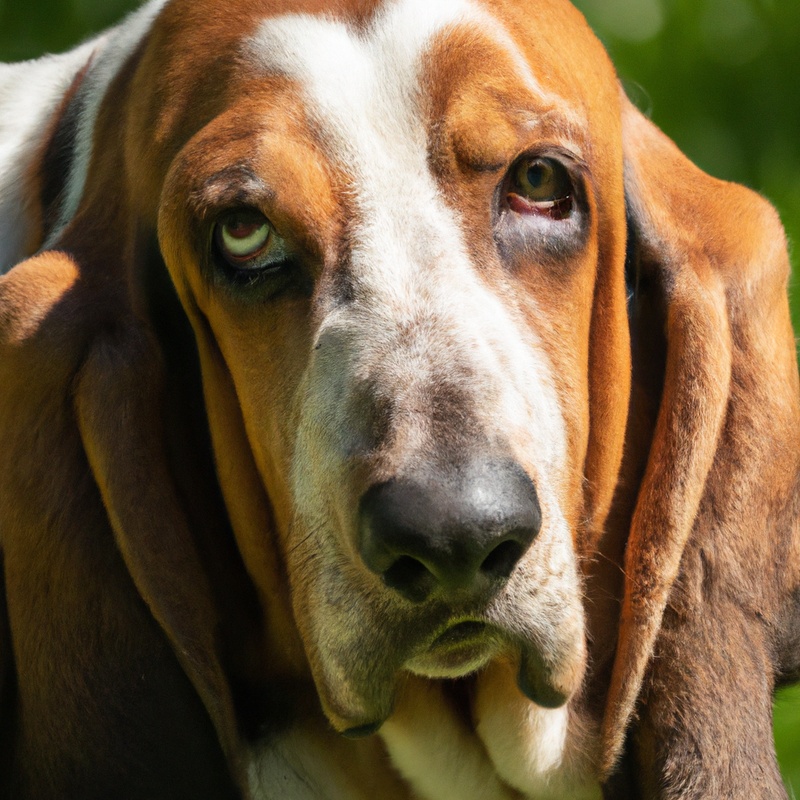
Instincts and Protective Nature of Basset Hounds
Understanding Basset Hounds’ Instincts
Basset Hounds have strong instincts rooted in their hound heritage.
They were originally bred for hunting, so they have a keen sense of smell and a natural inclination to track scents.
This instinct can make them stubborn and independent at times.
Bassets also have a natural instinct to be loyal and protective towards their family.
They may bark or growl to alert their owners of potential threats.
Understanding and working with these instincts can help foster a harmonious relationship with your Basset Hound.
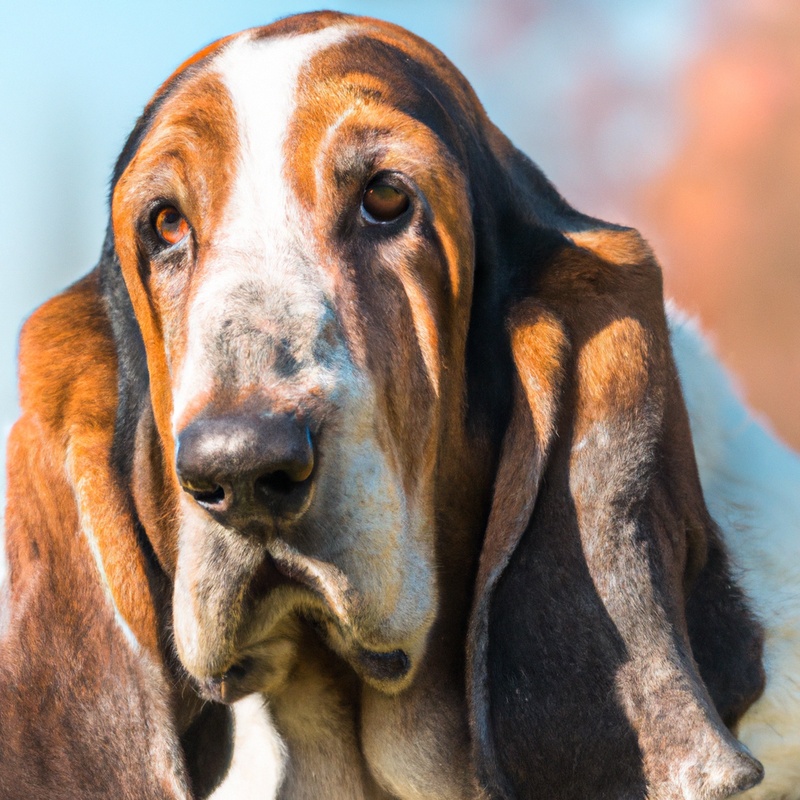
Basset Hounds’ Protective Behavior Towards Their Family
Basset Hounds are known for their gentle and calm nature, but they also have a strong instinct to protect their family. They may not be the typical guard dogs, but they will show their protective behavior when they sense a threat or danger.
Basset Hounds are known to bark loudly to alert their family of any suspicious activity and will do their best to intervene if they believe their loved ones are in danger.
While they may not be the most physically imposing dogs, their protective instinct is definitely present.
Supernatural Creatures and Basset Hounds
Common Superstitions and Beliefs about Supernatural Creatures
People have long held various superstitions and beliefs about supernatural creatures.
Some common beliefs include the existence of vampires who feed on blood, werewolves who transform into wolves during the full moon, and ghosts who linger in haunted places.
These superstitions often stem from folklore, mythology, and cultural traditions.
While these beliefs are not scientifically proven, they continue to capture our imaginations and can be a source of fascination and intrigue.
Basset Hounds, like any other breed, do not have a specific instinct to protect their family from supernatural creatures.
Basset Hounds’ Reactions to Supernatural Phenomena
Basset Hounds’ reactions to supernatural phenomena can vary.
Some dogs may display signs of fear or unease, such as barking, growling, or hiding.
Others may seem unaffected and continue with their usual behavior.
This can be attributed to their individual personalities and temperaments.
It’s important to remember that supernatural phenomena are not scientifically proven, so it’s difficult to determine how dogs truly perceive them.
Providing a calm and comforting environment for your Basset Hound is essential to help them feel secure, whether it’s in the presence of supernatural phenomena or not.
Training and Socialization for Basset Hounds
Importance of Proper Training for Basset Hounds
Proper training for Basset Hounds is essential for their overall well-being and behavior.
Training helps them learn important commands, such as sit, stay, and come, which improves their obedience and allows them to interact safely with their surroundings.
It also helps prevent behavioral problems like excessive barking or aggression.
Training sessions should be consistent, positive, and reward-based, focusing on building a strong bond between you and your Basset Hound.
With the right training, your Basset Hound can become a well-behaved and happy member of your family.
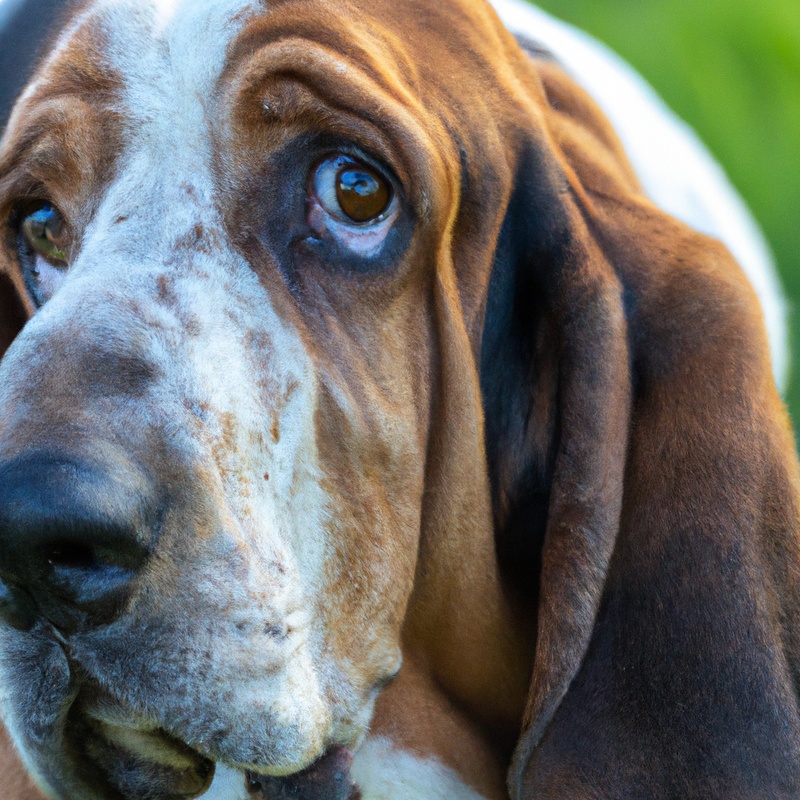
Socializing Basset Hounds to Different Stimuli
Socializing Basset Hounds to different stimuli is essential for their well-being. Exposing them to various sights, sounds, smells, and environments from a young age helps to reduce fear and anxiety.
Taking them on walks, introducing them to other animals and people, and providing positive experiences prepares them to handle new situations with confidence.
Gradual exposure and positive reinforcement play a crucial role in their socialization process. This helps Basset Hounds become well-rounded and adaptable companions.
Challenges and Considerations with Basset Hounds
Potential Challenges of Owning a Basset Hound
Owning a Basset Hound can come with its fair share of challenges.
Here are some potential challenges to consider:
- Exercise needs: Basset Hounds have a tendency to be lazy and gain weight easily. Ensuring they get enough exercise can be a challenge.
- Grooming requirements: Basset Hounds have long ears that require regular cleaning to prevent infections. Their droopy skin also needs regular checks for any issues.
- Stubbornness: Basset Hounds can be quite stubborn when it comes to training. Patience and consistency are key to overcoming this challenge.
- Health concerns: Basset Hounds are prone to certain health issues such as obesity, ear infections, and joint problems. Regular vet check-ups are important to keep them healthy.
- Drooling and droopy eyes: Basset Hounds have a tendency to drool and their droopy eyes can be prone to infections. Regular cleaning and care are necessary.
Despite these challenges, Basset Hounds are loving and loyal pets.
With proper care and attention, they can bring joy to your life.
Tips for Keeping Basset Hounds Safe and Comfortable
To keep your Basset Hound safe and comfortable, here are some tips:
- Provide a secure and fenced yard for them to roam freely. Bassets have a strong sense of smell and can easily wander off if not properly contained.
- Regular exercise is important to keep them healthy and prevent weight gain. Daily walks and playtime are essential for their well-being.
- Bassets are prone to ear infections, so it’s crucial to clean their ears regularly and keep them dry. Consult your veterinarian for proper ear care.
- Bassets have short legs and long backs, which can lead to spinal issues. Avoid activities that put strain on their back, such as jumping on and off furniture.
- Bassets have a tendency to overeat, so monitor their food intake and maintain a healthy diet. Avoid excessive treats to prevent weight gain.
- Bassets have loose facial skin, which makes them prone to eye injuries, such as scratches. Regularly check their eyes for any signs of irritation or injury.
- Provide comfortable bedding that supports their joints. Orthopedic beds can help alleviate any discomfort caused by their unique body structure.
Remember, each Basset Hound is unique, so it’s important to pay attention to their individual needs and consult with a veterinarian for any concerns.
Setting Realistic Expectations
Recognizing Basset Hounds as Companion Pets
Basset Hounds are wonderful companion pets that make great additions to any family. They have a friendly and gentle nature, making them excellent with children and other pets.
These dogs love to be around their human family members and thrive on companionship.
Basset Hounds are known for their loyalty and are always ready to give and receive affection. They have a calm and easygoing temperament, which makes them perfect for those looking for a laid-back and relaxed pet.
Whether it’s curling up on the couch or going for a leisurely walk, Basset Hounds will be by your side, bringing joy and companionship to your life.
Factors that Influence Basset Hounds’ Protective Behavior
Basset Hounds’ protective behavior is influenced by several factors. Firstly, their natural instincts play a role.
Bassets were originally bred for hunting, so they have a strong prey drive and a desire to protect their pack.
Secondly, their environment and upbringing also shape their protective behavior. If they are exposed to positive experiences, socialization, and training from an early age, they are more likely to be protective of their family.
Lastly, the individual temperament of the Basset Hound can also influence their protective instincts.
Some may naturally be more cautious and inclined to protect, while others may be more laid-back. Understanding these factors can help owners better manage and work with their Basset Hound’s protective behavior.
Final Verdict
While Basset Hounds may have a strong instinct to protect their family, there is no evidence to suggest that this extends to supernatural creatures. Their protective behavior is rooted in their loyalty and affection towards their loved ones, rather than any specific supernatural threat.
However, Basset Hounds can still provide comfort and companionship during spooky encounters, as their calm and gentle nature often helps to ease fears.
Overall, it is important to set realistic expectations and understand that Basset Hounds are primarily loving and loyal companion pets.

